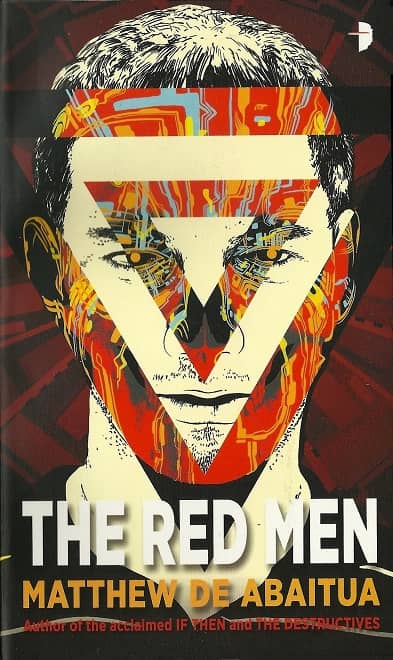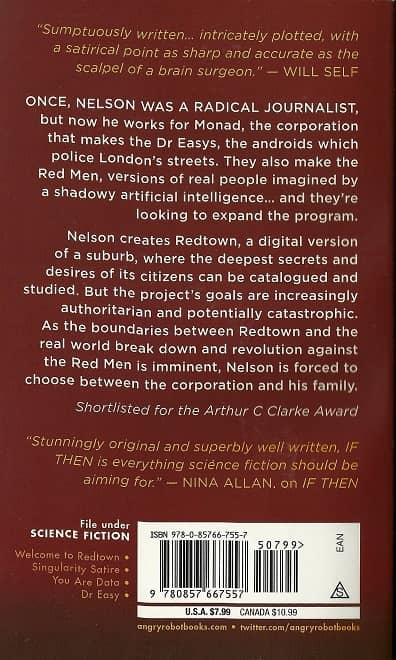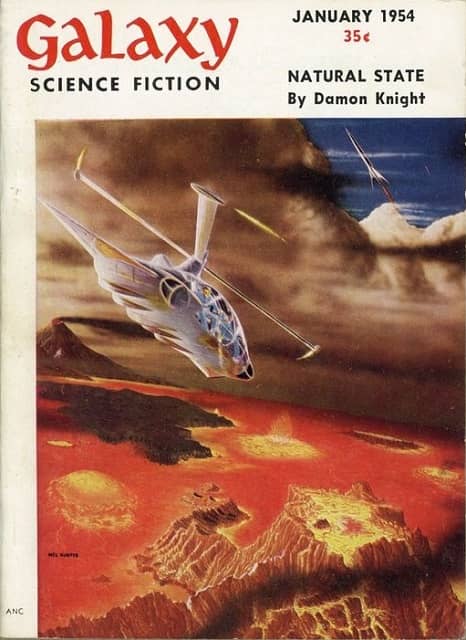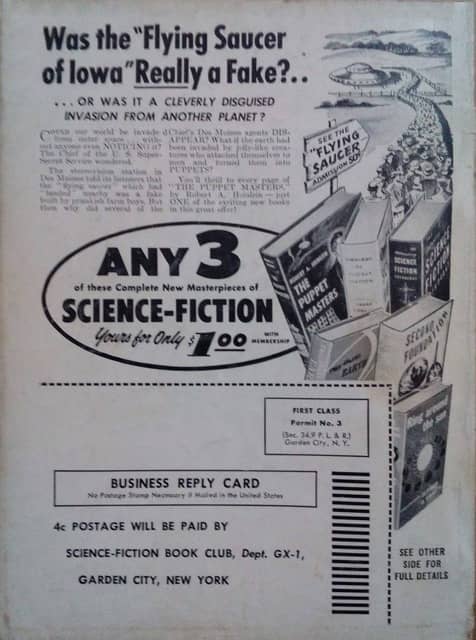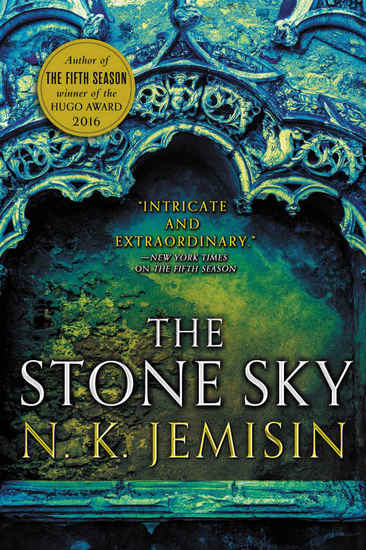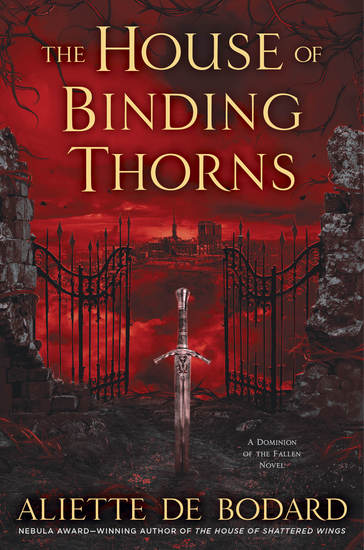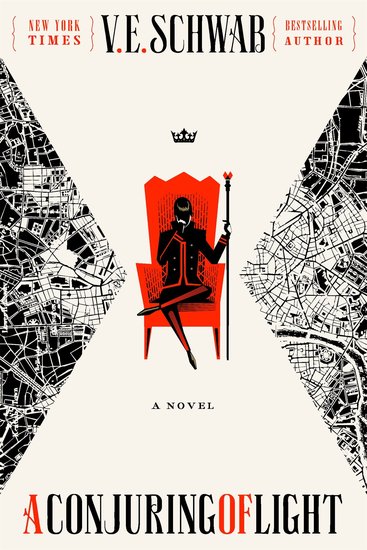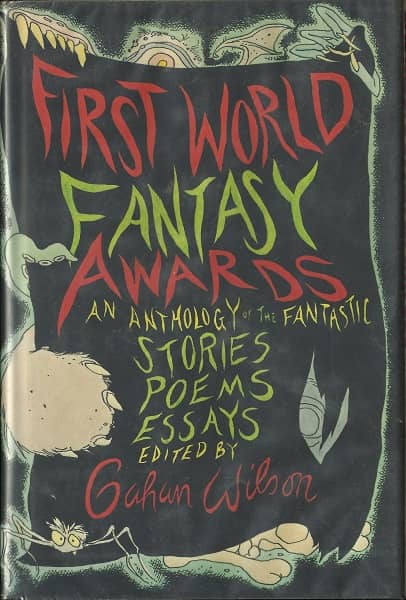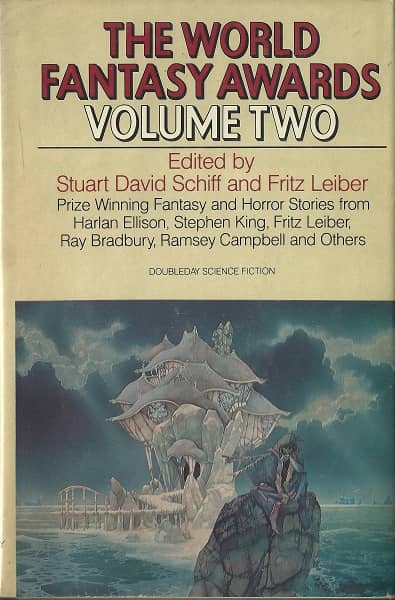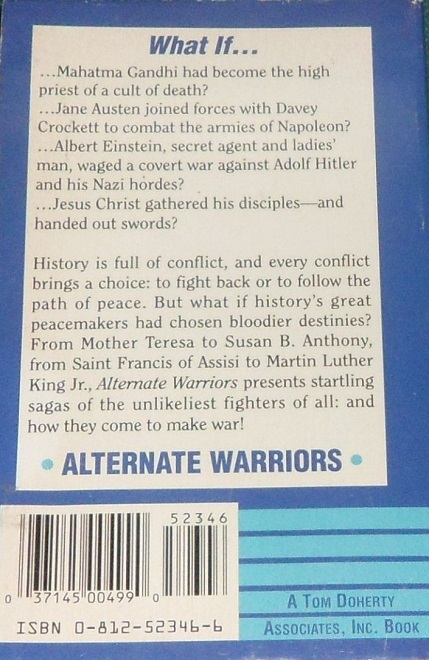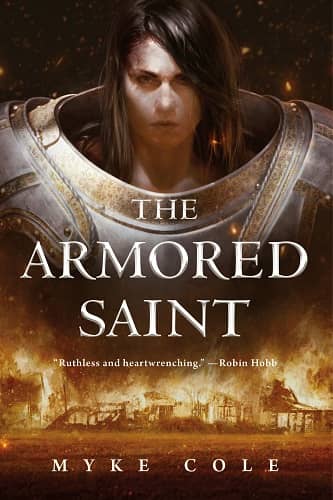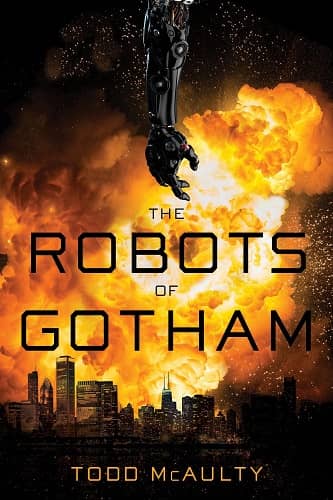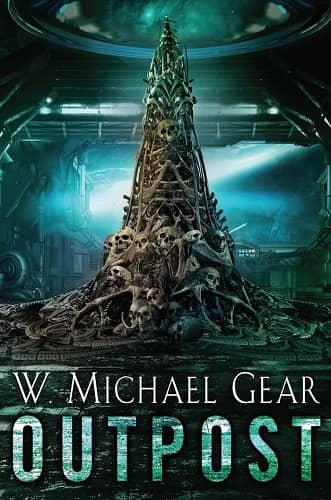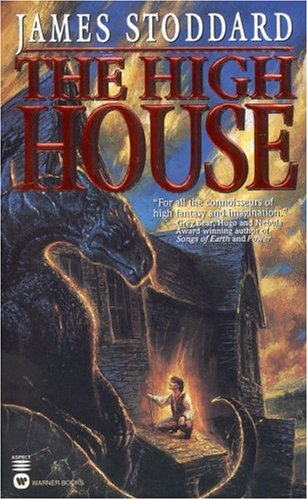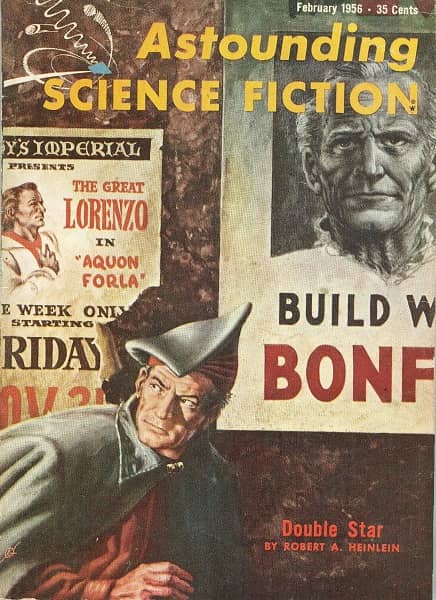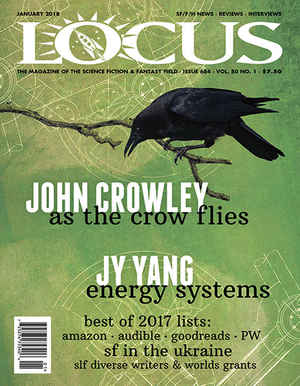The Last Jedi: The Creature of the Lagoon Trashes the Toxic Tropes (Porg is a Verb)
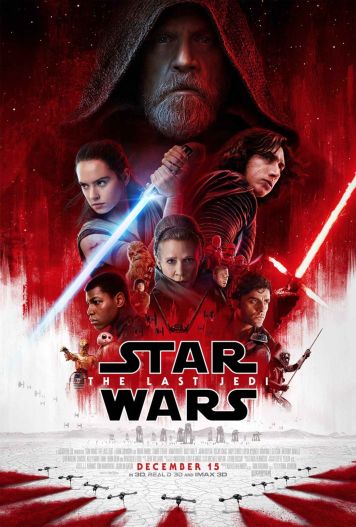
(Spoilers after the cut. But seriously, if that matters to you, look at the date! You should have seen the movie by now.)
I liked The Last Jedi.
We liked The Last Jedi: my wife, my 14yr old son, my 10 yr old daughter, and me, I liked it.
It wasn’t prose Military Science Fiction, so we didn’t hold it to the standards of a Tanya Huff or Jack Campbell novel. Nor was it Mundane SF, so those bombs didn’t bother us. Rather, we sat down and enjoyed it the way we also enjoyed Guardians of the Galaxy.
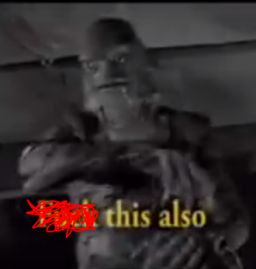
It was less EC Tubb than the last instalment, and more (according to my son) like an RPG campaign that kept changing GMs and (so I reckoned) flipflopping between Traveller and FATE. My daughter loved seeing girls having adventures (though, being 10, she rather takes this for granted), liked the light saber fights, and also the porgs. (“Porg” is now a verb in our house, as in, “Don’t try to porg me into giving you more chocolate ice cream.”)
I’ll admit I also enjoyed the very thing that seems to have upset so many knee-jerk critics: it went through the tropes the way the Creature of the Lagoon goes through scenery and people in that hilarious NSFW mashup on YouTube:
“BLEEP this! BLEEP this also! And this in particular. BLEEP this guy…!”
Mysterious But Significant Parentage went up in a puff of wasted fan theories. As did Dark Lord, Wise Mentor, Heroic Sacrifice Saves the Day, Ancient Wisdom, Epic Redemption. (“BLEEP this guy, BLEEP those books, BLEEP in particular this tree…“)
The movie even trashed some of the things fans mock about Star Wars. The Jedi really aren’t the good guys. Darth Emo really is a boy in a stupid mask.
